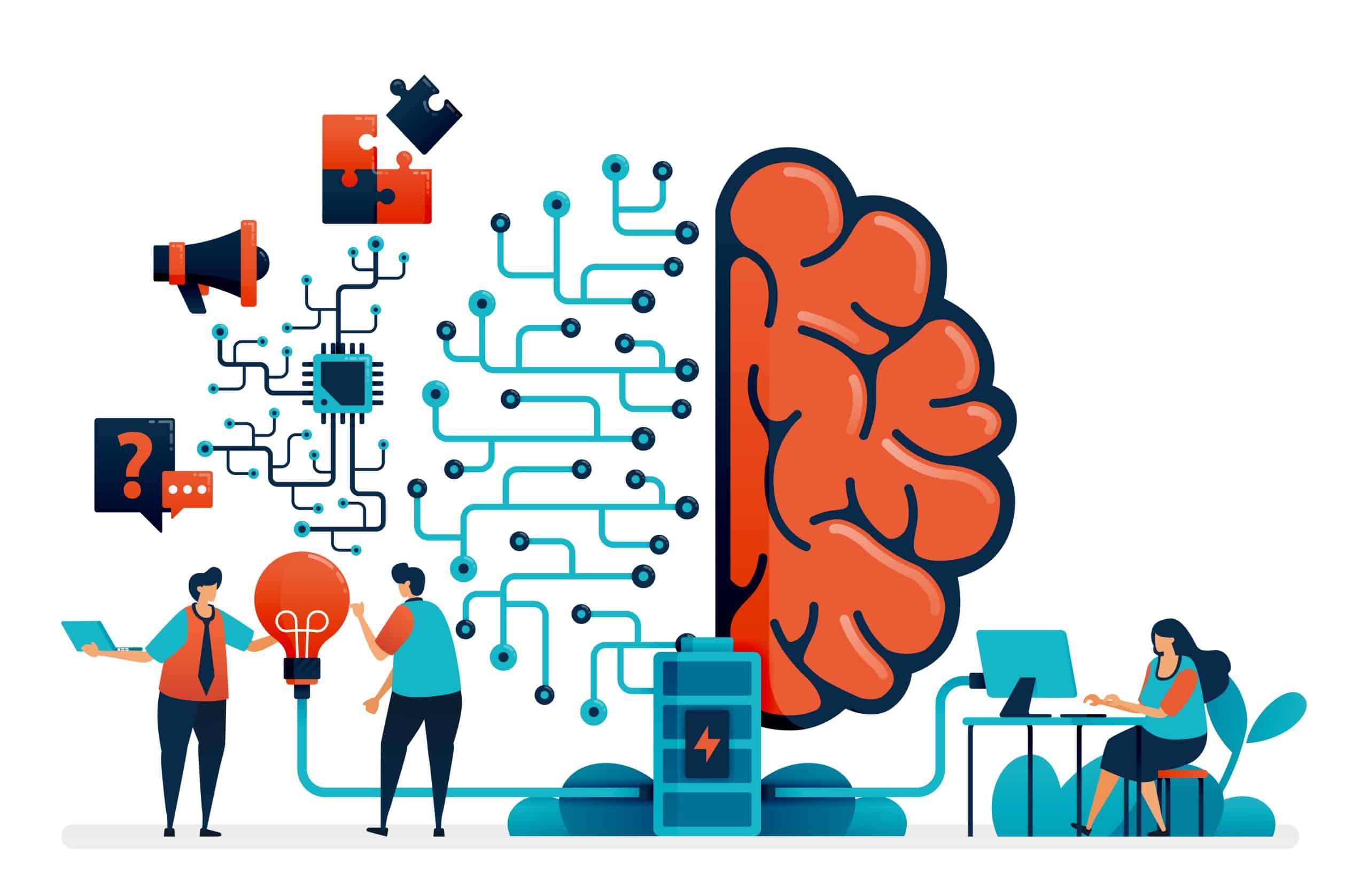- 💡 AI in marketing offers powerful tools for personalization, efficiency, and content creation.
- 🚫 “Hallucinations” generated by AI, such as misinformation and biased outputs, can damage brand reputation and consumer trust.
- 🛠️ Strategies to navigate AI include embracing experimentation, maintaining human oversight, and setting clear goals for ROI measurement.
- 📚 Educating marketing teams on AI nuances and limitations is crucial for responsible implementation.
- ✅ Prioritizing fact-checking and regularly auditing AI sources can help mitigate misinformation risks.
- 🤝 Collaborating with ethical AI providers committed to transparency and fairness is essential for responsible AI usage.
- 🌱 Responsible AI implementation in marketing builds trust, transparency, and ethical brand practices, shaping the industry’s future.
In today’s digital age, the fusion of artificial intelligence (AI) and marketing has revolutionized the way businesses engage with their audiences. From personalized recommendations to automated content creation, AI offers a plethora of tools to enhance efficiency and drive results. However, amidst the excitement of AI-driven marketing, it’s essential for marketers to tread carefully and navigate the landscape with integrity.
Understanding the Power and Pitfalls of AI in Marketing
AI in marketing is a double-edged sword, offering immense potential while posing significant challenges. On one hand, it empowers marketers to deliver personalized experiences, optimize campaigns, and streamline processes. On the other hand, it carries the risk of generating “hallucinations”—misinformation and biased outputs that can tarnish brand reputation and erode consumer trust.
The Power of AI in Marketing:
- Personalization: AI enables hyper-targeted messaging and tailored recommendations based on user behavior and preferences.
- Efficiency: Automated processes streamline workflows, saving time and resources for marketers.
- Content Creation: AI-powered tools generate compelling content at scale, from ad copy to product descriptions.
The Pitfalls of AI in Marketing:
- Misinformation: AI algorithms may inadvertently produce inaccurate or misleading content, damaging brand credibility.
- Bias: Unconscious biases in data can lead to discriminatory outcomes, alienating certain audience segments.
- Trust Erosion: Consumers may lose faith in brands that propagate false information or display bias in their marketing efforts.
Navigating the AI Marketing Landscape with Integrity
While the allure of AI-driven marketing is undeniable, marketers must prioritize integrity and ethical practices in their approach. Here are some strategies to navigate the AI landscape responsibly:
1. Educate Marketing Teams:
- Media Literacy: Foster a deep understanding of AI nuances and limitations among marketing teams.
- Continuous Learning: Stay updated on the latest advancements and best practices in AI marketing through seminars, conferences, and educational resources.
2. Implement Rigorous Fact-Checking:
- Verification Process: Establish robust fact-checking procedures to ensure the accuracy and reliability of AI-generated content.
- Utilize Tools: Leverage specialized tools for detecting and mitigating AI-induced errors, safeguarding against misinformation risks.
3. Audit AI Sources:
- Bias Assessment: Regularly review data sources and algorithms to identify and address biases that may influence AI outputs.
- Cross-Functional Collaboration: Engage cross-functional teams to conduct internal audits and ensure fairness and transparency in AI processes.
4. Collaborate with Ethical AI Providers:
- Transparency and Fairness: Partner with AI providers committed to ethical development and transparent practices.
- Client Education: Educate clients on AI usage and its impact on their marketing strategies, fostering transparency and trust.
Embracing Responsible AI Implementation for a Brighter Future
As marketers, we hold the power to shape the future of AI in our industry. By embracing responsible practices and upholding integrity in our AI-driven marketing endeavors, we can build trust, transparency, and ethical brand practices. Together, let’s harness the innovation of AI while ensuring it serves as a force for good in the marketing landscape.







